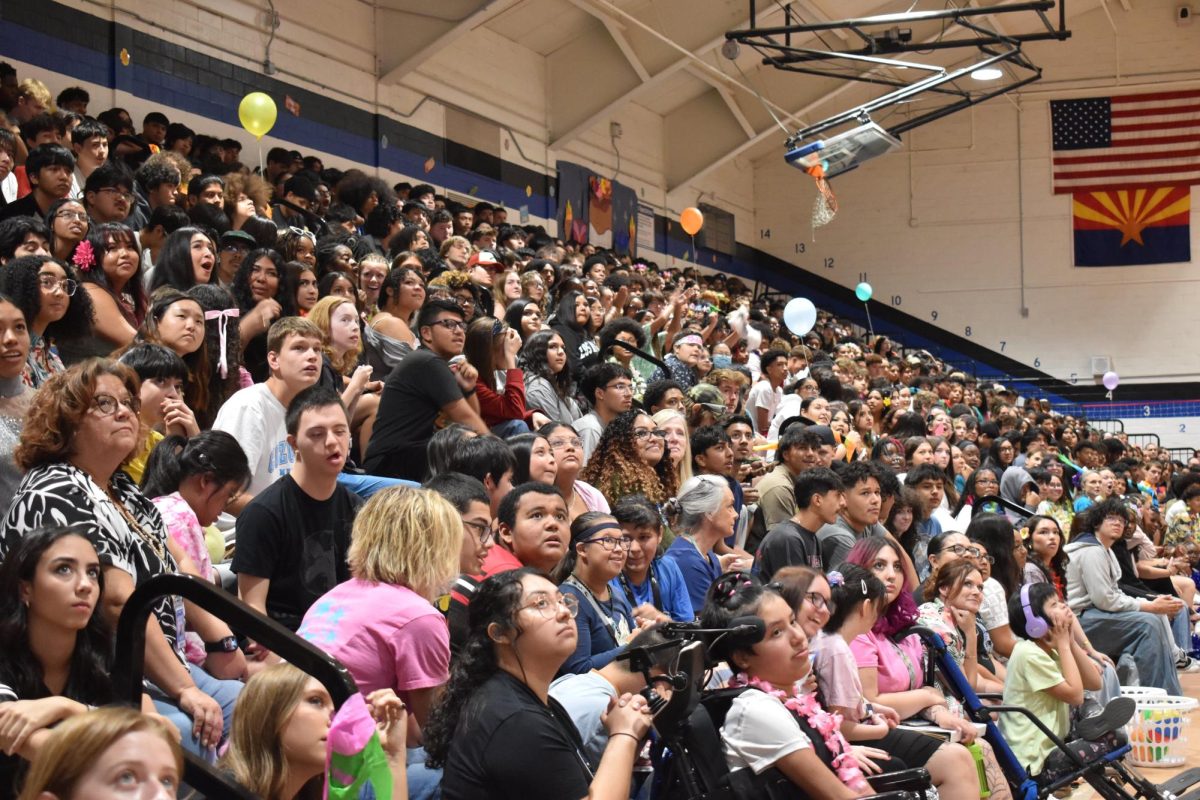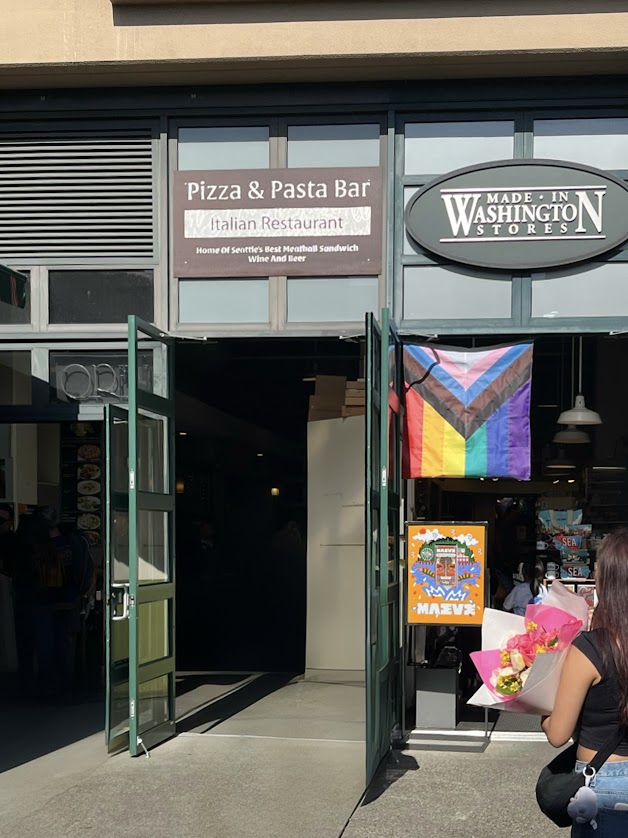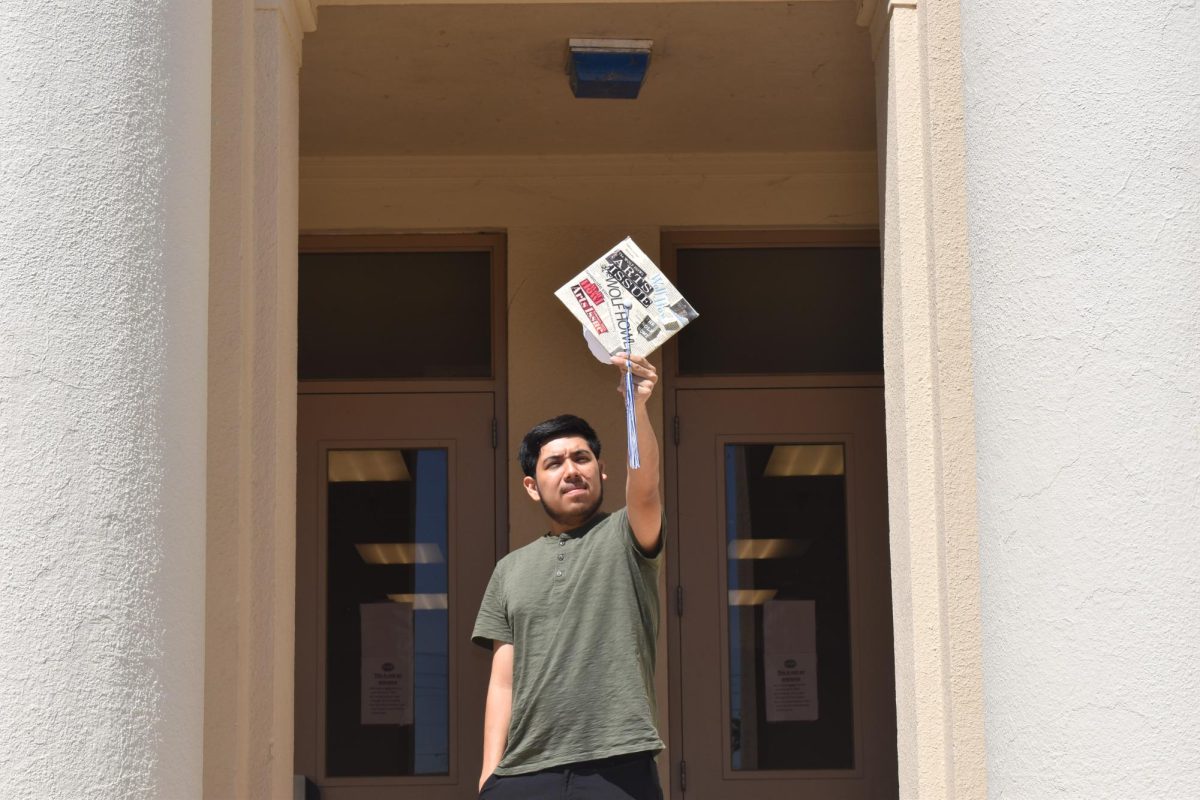With the impacts the pandemic has had on many US workers, combined with the possible passage of the PRO Act, Americans have a rare opportunity for a period of renewed labor rights.
The pandemic, though initially leaving many unemployed, has led to more workers questioning their true worth to their employers. As the economy restarted, businesses struggled to fill vacancies, with many workers demanding higher wages, more workplace protections, and better conditions. Chandler senior Seven Payne says, “people have started to open up the discussion of being overworked … and started to understand that if you overwork your workers then nobody is going to want to work for you.”
Many workers in the US feel empowered to ask for increased benefits, but an even greater opportunity for progress in labor rights comes from a piece of legislation currently working through Congress. The PRO Act, or Protecting the Right to Organize Act, passed the House of Representatives 225-206 earlier this year, and broadens the rights of unions and employees to organize, restricts corporate anti-union actions, and reclassifies people like Uber and Lyft drivers as employees.
According to the AFL-CIO, the largest federation of labor organizations in the US, the PRO Act would “[restore] the right of workers to freely and fairly form a union and bargain together for changes in the workplace.” In addition to union support, a bipartisan majority of the American public supports the PRO Act. A Vox and Data for Progress poll conducted earlier in the summer of 2021 found that “40 percent of Republicans support the PRO Act, along with 74 percent of Democrats and 58 percent of independents. Overall, the poll found the bill has the support of 59 percent of likely voters.”
The bill now heads to the U.S. Senate, where a vote has yet to be scheduled. Under the current chamber rules, the bill would require 60 votes, likely all 50 Democratic senators joining at least 10 Republican ones, to overcome the filibuster. Though it faces a difficult path, the PRO Act is a once-in-a-generation opportunity to secure workers a better future. Adults and teen workers alike stand to regain their ability to organize and demand better conditions, better pay, and fair treatment from their employers.
























